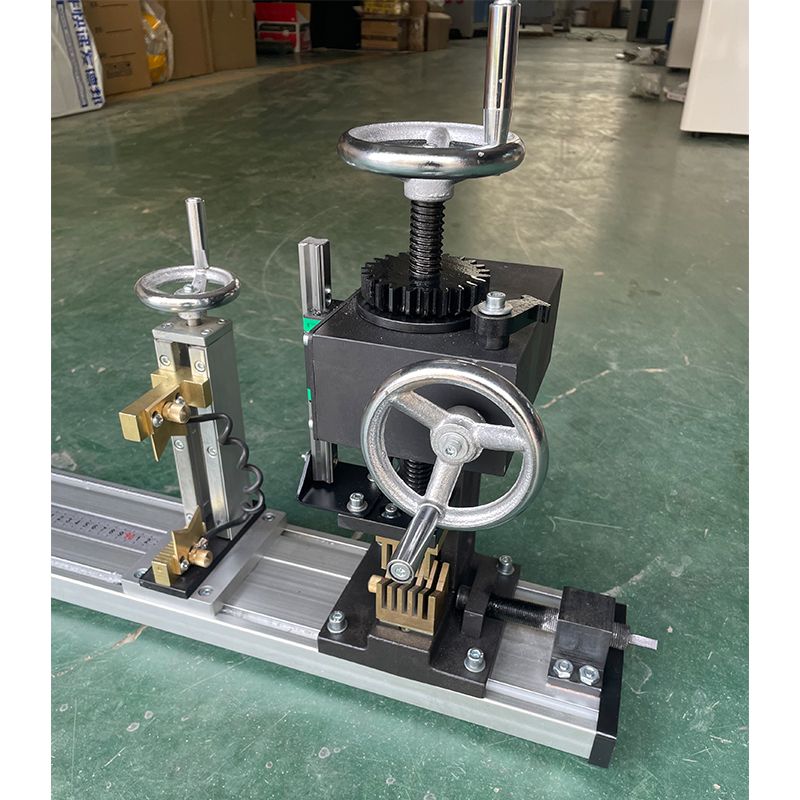Custom Manual Tensile Tester Machine
Understanding Custom Manual Tensile Tester Machines
A custom manual tensile tester machine is an essential tool in materials testing, allowing engineers and quality control professionals to assess the tensile properties of various materials. By measuring how a sample responds to stretching forces, these machines provide crucial data regarding material strength, ductility, and elasticity, which are vital for numerous applications across industries such as construction, manufacturing, and research.
The design of a custom manual tensile tester allows for adjusting specific parameters to cater to unique testing requirements. Manufacturers can create machines tailored to the needs of particular materials, whether they are metals, plastics, textiles, or composites. This customization ensures that the tensile tests produce accurate and relevant results, aiding in quality assurance and materials selection processes.
A manual tensile tester typically consists of several key components a testing frame, grips or fixtures to hold the material sample, and a measuring device to capture the force and elongation of the material. The testing procedure starts with preparing the sample, which is usually a standardized shape and size for consistency. Once loaded into the machine, the user gradually applies force while monitoring the sample's response. The machine's manual controls allow for a hands-on approach, enabling operatives to pause or adjust the test as needed.
custom manual tensile tester machine

Data collected from a manual tensile tester includes critical values such as the yield strength, ultimate tensile strength, elongation at break, and reduction of area. These metrics are pivotal in understanding how materials behave under stress, making them indispensable in fields such as product design and safety assessment.
Moreover, custom manual tensile testers can be equipped with additional features like digital displays, data logging capabilities, and software integration for enhanced analysis. This technology enables users to record and analyze test results efficiently, fostering better decision-making and improved material development processes.
In conclusion, custom manual tensile tester machines play a significant role in the materials testing landscape. By providing tailored solutions that address specific testing needs, these machines not only ensure quality and reliability in material performance but also contribute to innovation in various industries. As technology continues to advance, the customization and features of these testing machines will likely evolve, further enhancing their utility and precision in material evaluation.
-
The Role of Tensile Force Testers in Quality Control and Material Science
NewsAug.01,2025
-
Maintenance and Safety Tips for Aging Ovens
NewsAug.01,2025
-
Density Balance in Forensic Science
NewsAug.01,2025
-
Advanced Optical Measurement Technologies
NewsAug.01,2025
-
A Buyer’s Guide to Tensile Test Machines
NewsAug.01,2025
-
Why the Conductor Resistance Constant Temperature Measurement Machine Redefines Precision
NewsJun.20,2025
 Copyright © 2025 Hebei Fangyuan Instrument & Equipment Co.,Ltd. All Rights Reserved. Sitemap | Privacy Policy
Copyright © 2025 Hebei Fangyuan Instrument & Equipment Co.,Ltd. All Rights Reserved. Sitemap | Privacy Policy
